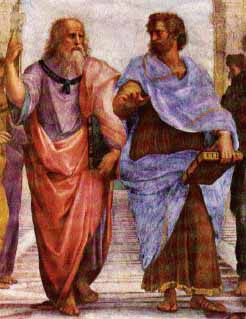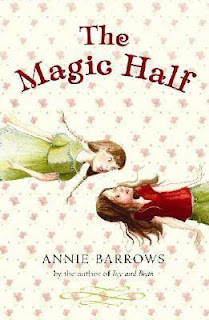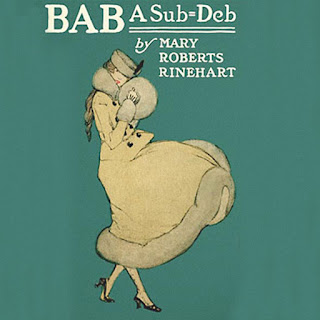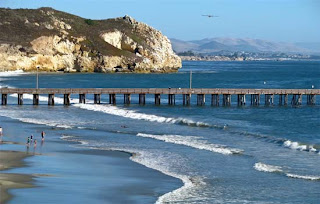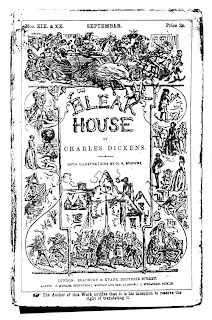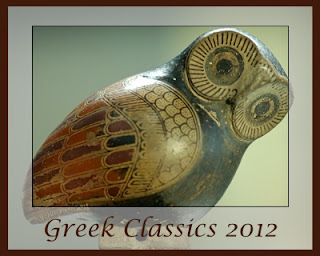July is about over, and that means the end of Allie's Victorian Celebration. It's been quite an event, with giveaways and quizzes and all sorts of blogging fun. So, thanks, everybody! Here's what I read: Framley Parsonage, by Anthony Trollope . Quite an enjoyable read, and apparently one of Trollope's big hits. It's the fourth Chronicle of Barsetshire (Allie says that Penguin is publishing all 6 in its pretty new English Classics series. That might be hard to resist). Mystery of a Hansom Cab, by Fergus Hume. One of the great early mysteries, set in Melbourne. Madame Bovary, by Gustave Flaubert. I got to participate in a readalong for this beautifully-written novel. It was great stuff! Little Women, by Louisa May Alcott. This was also a July selection for the Feminist Classics blog. It was nice to revisit the March girls. Bleak House, by Charles Dickens. I've never read as much Dickens as I ought to, and now I'm starting to have


